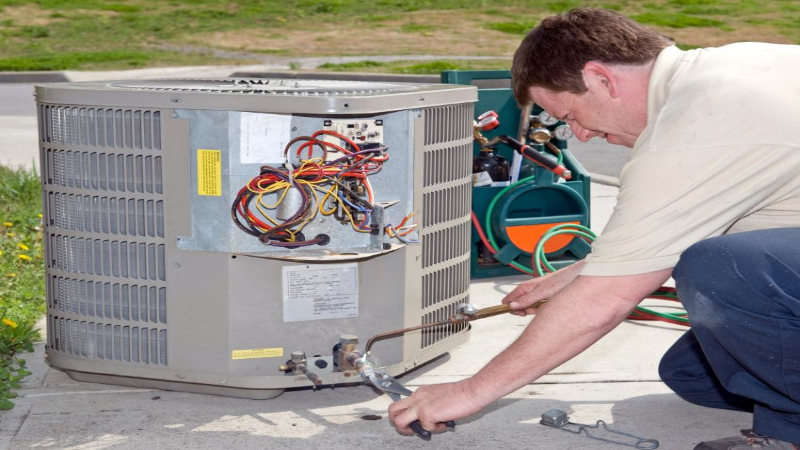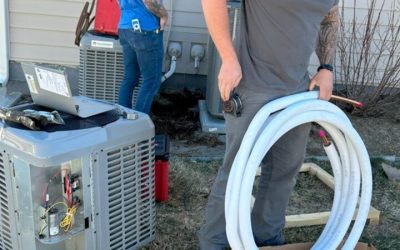The heating, ventilation, and air conditioning (HVAC) industry stands as a cornerstone of comfort and technology in modern buildings, making HVAC skills highly sought after. Whether you’re seeking to enter this field or aiming to enhance your expertise, HVAC certification classes offer a direct pathway to achieving professional growth and securing a competitive edge in the job market.
Understanding HVAC Certification Classes
HVAC certification classes are specialized training programs designed to equip participants with essential skills and knowledge required for installing, maintaining, and repairing HVAC systems. These classes not only cover technical aspects but also focus on safety regulations, environmental concerns, and customer service.
Key Benefits of Certification
• Career Advancement: Certified HVAC technicians often have higher earning potential and more job opportunities compared to their non-certified peers.
• Recognition: Certification is a mark of professionalism and competency that is recognized across the industry.
• Updated Skills: These classes keep you abreast of the latest technologies and methodologies in HVAC systems.
Types of HVAC Certifications
1. EPA Certification: Necessary for those handling refrigerants and is mandated by federal law.
2. NATE Certification: Recognizes knowledge in specific skill areas like air conditioning, heat pumps, or gas heating.
3. HVAC Excellence Certification: Validates broad knowledge and proficiency in HVAC systems.
Choosing the Right Program
Selecting the right HVAC certification classes can be pivotal. Here are a few tips:
• Accreditation: Ensure the program is accredited by a reputable organization. This guarantees that the curriculum meets industry standards.
• Curriculum: Look for a comprehensive curriculum that covers a wide range of topics, from basics to advanced techniques.
• Flexibility: Consider programs that offer flexible schedules, including night and weekend classes, to accommodate working professionals.
• Hands-On Training: Practical experience is crucial. Programs that offer extensive hands-on training can be more beneficial.
Career Opportunities Post-Certification
With an HVAC certification, a variety of career paths open up:
• Residential and Commercial Technician: Installing and maintaining systems in homes and commercial buildings.
• HVAC Design Engineer: Designing new systems and upgrades for improved efficiency and performance.
• Service Manager: Overseeing teams of HVAC technicians and managing projects.
HVAC certification classes not only boost your technical skills but also enhance your career prospects significantly. By choosing a certified and reputable program, you ensure that you receive quality education that aligns with industry standards. Investing in these classes is investing in your future, equipping you with the expertise to handle advanced systems and the credentials to stand out in a competitive job market. Remember, the right certification can be your gateway to a fulfilling and prosperous career in the HVAC industry.


